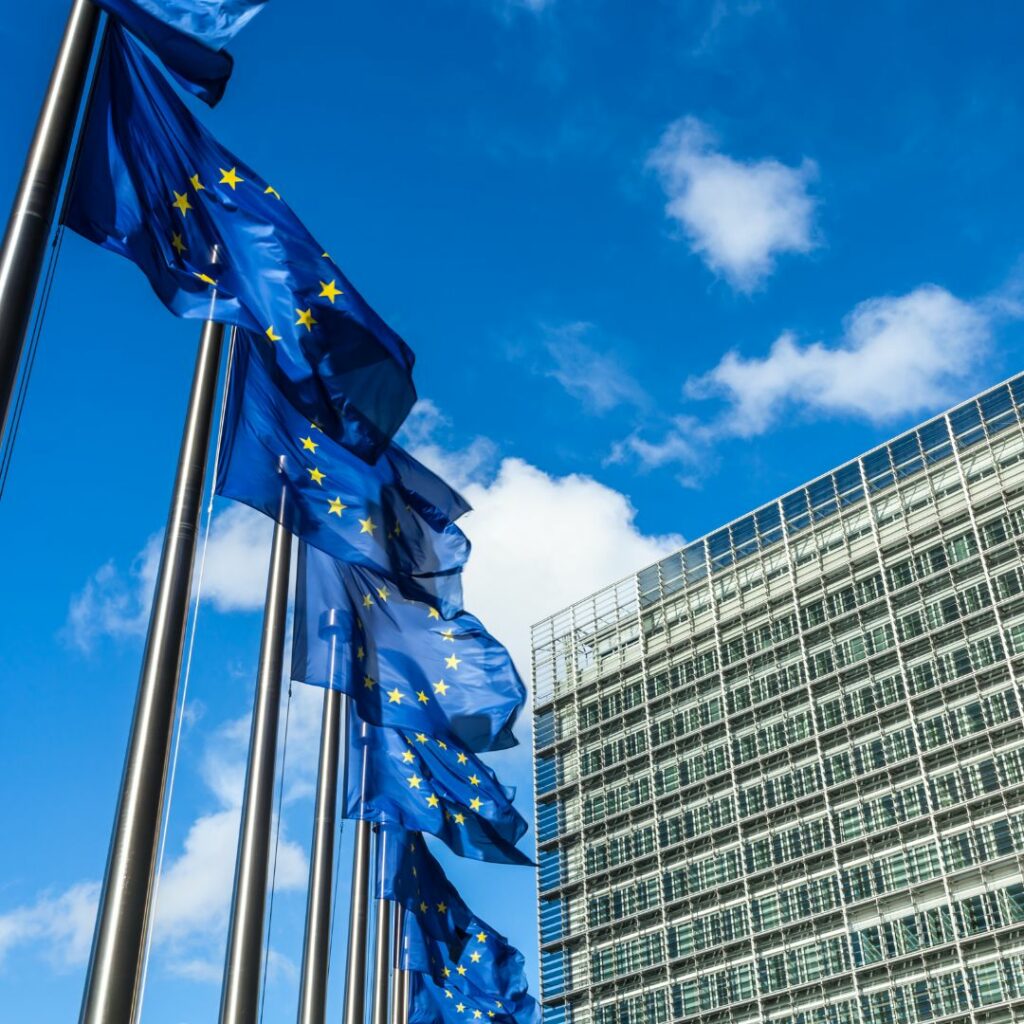
Summary
- The European Parliament approves E-IDAS legislation for a standardized EU digital identity wallet with member states mandated to offer European Digital Identity Wallets (EDIWs) within 24 months.
- EDIWs introduced to securely manage an EU digital identity wallet and documents for EU citizens and businesses.
- Stakeholders, including CEPIS, applaud the commitment to open-source tech, signaling positive public reception. The initiative sets a global precedent for digital innovation and cooperation.
- Read more of our news analysis on our website, and read our global policy roundup on X and LinkedIn.
The EU digital identity wallet is a significant move towards enhancing digital security and interoperability. The European Parliament recently debated and adopted crucial legislation on digital identity, known as E-IDAS. This development marks a pivotal moment in the EU’s digital transformation endeavor, aiming to establish a unified and robust framework for digital identities across member states. Member States will be required to offer at least one EDIW within 24 months of entry into force of this amending regulation.
Digital identities are fundamental to the digital ecosystem. CCI welcomes the EU’s strong commitment to open-source technology, and the importance of interoperability when developing standards for European Digital Identity Wallets (EDIWs).
The E-IDAS regulation is deigned to provide a secure and standardization framework for electronic identification and trust services for electronic transactions across the EU. It represents a cornerstone in the EU’s efforts to create a seamless digital single market, enabling citizens, businesses, and public administrations to carry out cross-border electronic transactions with ease and security.
European Digital Identity Wallets
A key component of the E-IDAS amendment is the introduction of EDIWs. The EU- wide digital identity wallets will allow EU citizens and businesses to store and manage their digital identities and official documents in a secure and convenient manner. The wallets are intended to facilitate a wide range of digital transactions, from accessing public services and opening bank accounts to signing documents electronically.
Member states are mandated to offer at least one EDIW within 24 months of the regulation’s entry into force, ensuring that all EU citizens have access to this digital tool. This initiative underscores the EU’s commitment to leveraging open-source technology and ensuring interoperability among digital identity solutions, fostering an inclusive and accessible digital ecosystem.
Pilot Implementations and Use Cases
The digital identity wallet is set to be piloted in various sectors, including healthcare, financial services, education, and transport. These pilots aim to test the wallets in real-life scenarios, ensuring their effectiveness and user-friendliness. Over 250 private companies and public authorities across 25 member states, as well as Norway, Iceland, and Ukraine, are participating in these pilots, exploring use cases such as accessing government services, opening bank accounts, and verifying educational credentials.
Legislative Process and Public Reception
The EU digital identity legislation received the European Parliament’s final approval with a significant majority, reflecting broad support for strengthening digital identity mechanisms with the EU. The regulation is now awaiting formal endorsement by the EU Council of Ministers to become law. The legislative milestone has been met with enthusiasm from various stakeholders, including the Council of European Professional Informatics Societies (CEPIS), which has lauded the EU’s strong commitment to open-source technology and interoperability standards.
Looking Ahead
The adoption of the digital identities, E-IDAS amendment and the rollout of EDIWs represent a transformative step towards realizing a secure, interoperable, and user-centric digital Europe. By providing a unified framework for digital identities, the EU aims to enhance the digital autonomy of its citizens and businesses, streamline cross-border transactions, and bolster the digital economy. As the EU moves forward with implementing this ambitious digital identity framework, it sets a precedent for digital identity framework, it sets a precedent for digital innovation and cooperation on a global scale. The success of this initiative could pave the way for a more interconnected and secure digital world, where digital identities serve as a key enabler of digital democracy and economic prosperity.

























